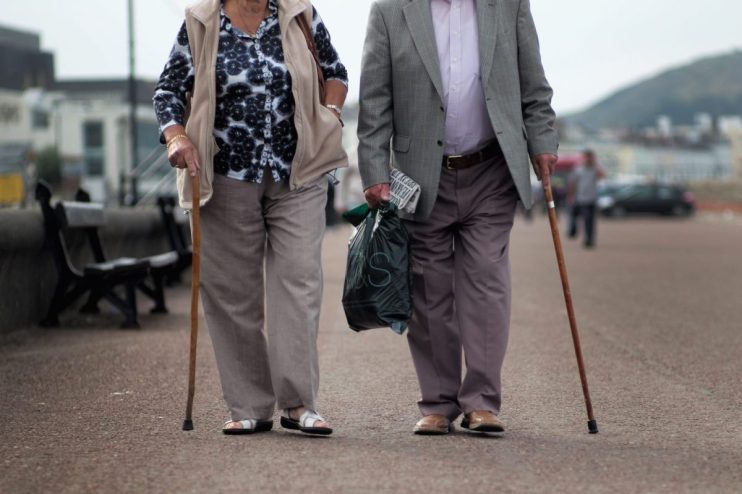Pandemic affects retirement plans for over half the nation, says Aviva

Covid-19 has affected the retirement plans of 54 per cent of UK adults, with people nearing mid-life bearing the brunt of anxiety, according to new research.
Almost one in five admitted they felt less certain about their financial future, according to the new report by insurance giant Aviva.
The news follows controversial changes to social care support, which were pushed through government by Boris Johnson earlier this week, and which will see social care support for poorer households scaled back.
People aged 35 to 44 were the most likely to have seen their retirement plans affected by the pandemic.
While ten per cent of the age group were able to save more money for their retirement, because of lockdown, a greater proportion were less confident that they would be able to live comfortably after retirement.
One out of every six people aged between 35 to 44 feared they may have to even push back their retirement date.
A separate report, published last week, found that young women need to save an extra £185,000 to reach the same retirement income as men.
The annual Scottish Widows report found that while men currently in their 20s will have saved £350,000 by retirement, women will have only saved £250,000.
“Much as it’s encouraging to see people striving to build more long-term savings, our findings show anxiety about the future is still weighing heavily on their minds,” said Alistair McQueen, Aviva’s head of savings & retirement.
“The experience of having decisions taken out of our hands through successive lockdowns has left many people longing for a sense of control,” he added.
New changes to social care plans announced this week may take things further out of people’s control.
Under the government’s new plan people with assets under £20,000 will not have to contribute towards their care costs from October 2023, while those with over £100,000 worth of assets will pay for everything up to £86,000.
But for those with assets between £20,000 – £100,000, while they can qualify for council help, they will eventually have to pay up to £86,000 towards their care.
Under heavy criticism from within his own party, the prime minister insisted the plan was more generous than the current system but was accused of introducing a “working-class dementia tax” by Sir Keir Starmer in the Commons yesterday.